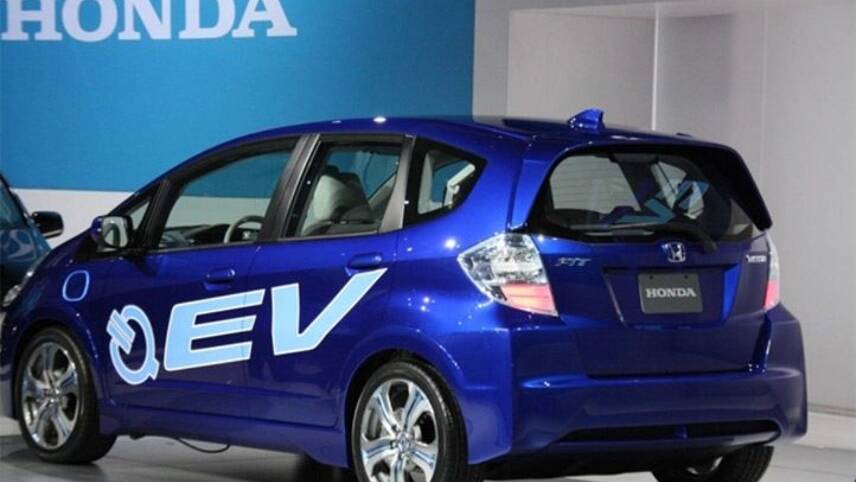Register for free and continue reading
Join our growing army of changemakers and get unlimited access to our premium content

Honda says movement towards electrification has "gathered pace significantly"
The commitment will see the firm switch many of its offerings to plug-in-hybrid electric vehicles (PHEVs), with some pure electric vehicle (EV) models in the pipeline as well.
Honda had committed in March to a 2025 deadline for the target, but said it has chosen to go faster in the hopes of moving the entire industry in light of new climate legislation and science.
“Honda is the world’s largest engine manufacturer, and from what we have announced today we are committing to ending all mainstream non-electrified petrol and diesel production for Europe by the end of 2022,” Honda’s senior vice president for Europe Tom Gardner said.
On a global scale, Honda is aiming for EVs to account for one-third of its sales by 2030.
The Japanese company notably unveiled its latest electric model, the e Prototype, earlier this year, with production slated to begin by the end of 2019. Honda claims the e Prototype will have a range of more than 200km and a fast-charge functionality enabling it to reach 80% range on 30 minutes of charge.
Charging ahead
Honda’s new 2022 target comes in the same week that it announced a partnership with energy and battery firm Vattenfall, which aims to improve EV charging infrastructure across the UK and Germany.
The partnership will see Vattenfall offering home EV charging points and competitive domestic renewable energy contracts to EV drivers with Honda vehicles.
“Honda clearly perceives that the future is electrified, just like we do,” Vattenfall’s head of e-mobility Tomas Björnsson said.
The move echoes that recently taken by Volkswagen Group (VW), which this year created a new business arm with a focus on charging solutions and renewable energy offerings. Similarly, Nissan is working with EDF Energy on EV infrastructure programmes, including Vehicle-to-Grid (V2G) chargers.
Blockchain boon
Also in the EV space this week, mobility technology and e-bike firm Greyp has partnered with two blockchain groups to develop automated and secure payments for services such as charging, rentals and tolls.
slock.it, an IoT company, will connecting the physical devices to the blockchain, while the Energy Web Foundation (EWF), a non-profit organisation, applies blockchain to the energy transactions. The result is a system in which devices on a network can securely “sign” and verify information and transactions without a human or CPU intermediary.
Greyp has notably received support from the likes of T-Mobile, which supported its previous work on digital connectivity, and Porsche, which continues to back its low-carbon mobility solutions.
“We envision a network where every vehicle has a digital ‘wallet’ enabling autonomous machines to receive and create payments, both to humans and to other machines,” Greyp’s chief operating officer Kresimir Hlede said. “This is a big step forward toward realising our vision for a sustainable, connected future.
Sarah George


Please login or Register to leave a comment.